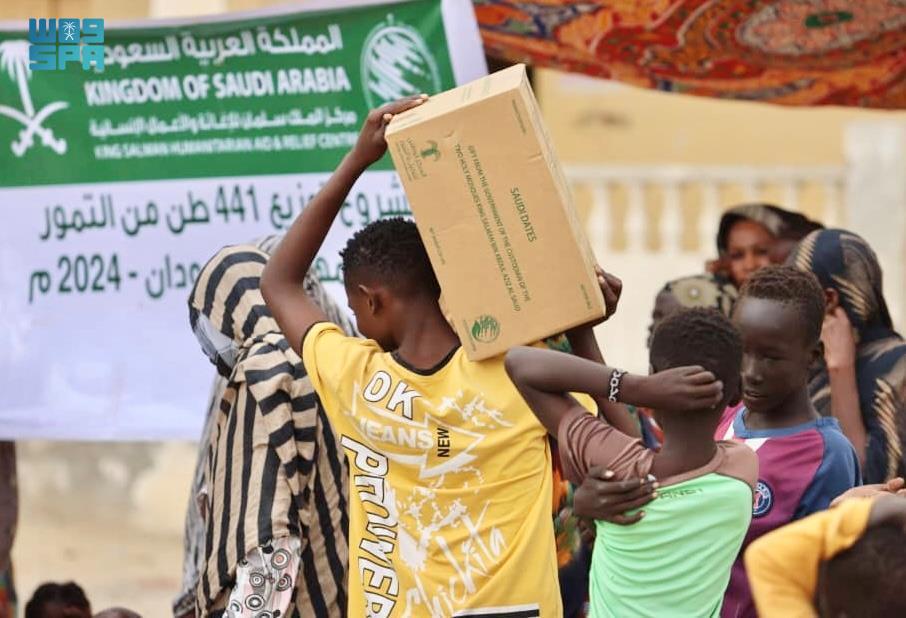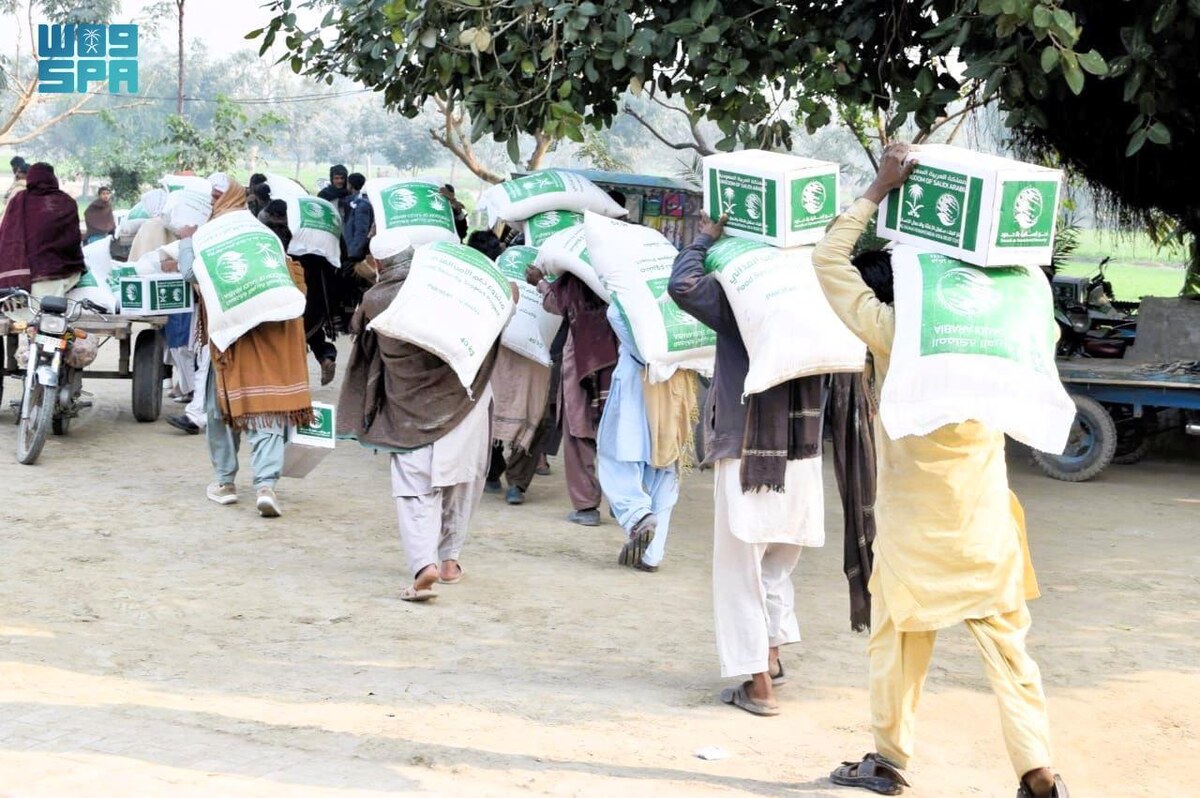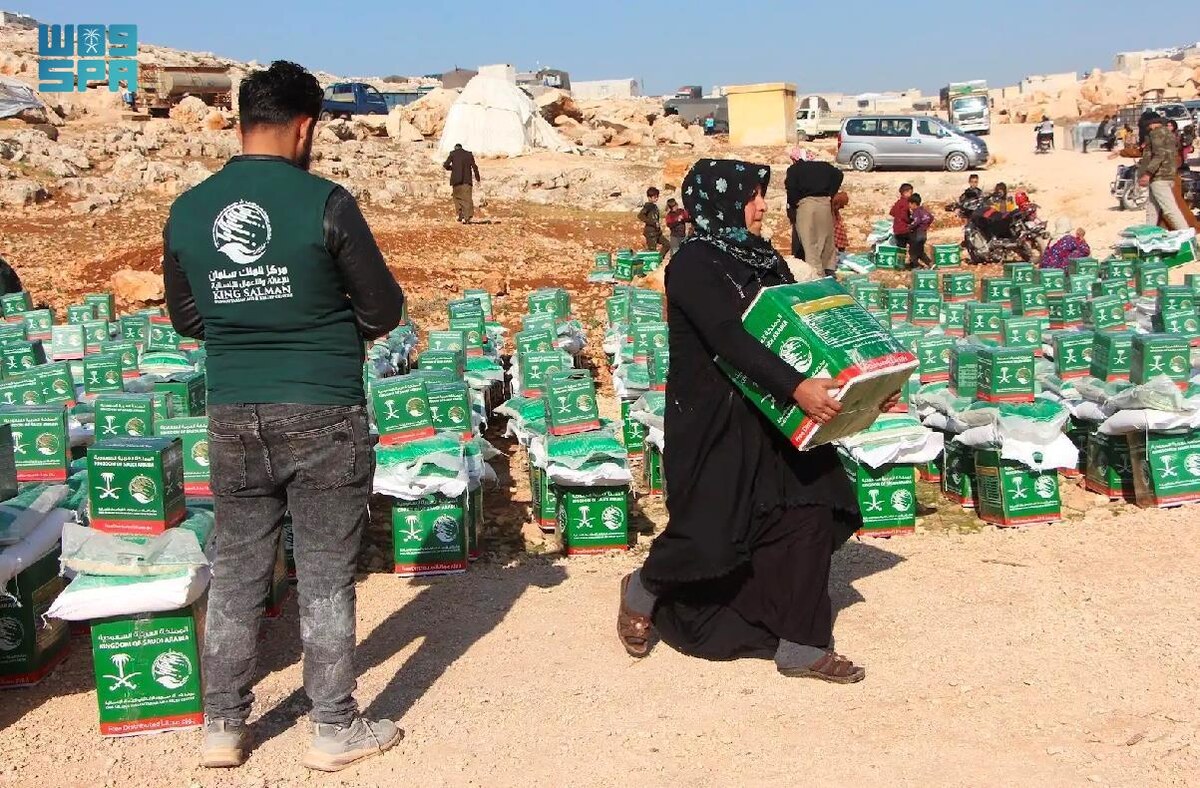Tokyo: The “Unearthing Qiddiya” global in-real-life tour made its mark at the Tokyo Game Show 2024 by showcasing a first look at Saudi Arabia’s offering at its new high-tech district for esports and gaming.
With over 240,000 fans and 3,000 exhibitors from 40 countries at the TGS event held from Sept. 26 to 29, Qiddiya Gaming debuted its vision of the world’s first IRL gaming city.
The 1,000-sq. meter booth at Makuhari Messe offered attendees a first look at the cyberpunk-themed UBAR, part of Qiddiya’s Gaming and Esports District in Saudi Arabia.
UBAR is designed as a cyberpunk-themed city where gaming and real-life blend seamlessly.
Arnab Bhattacharya, director of strategy for Qiddiya Gaming, explained: “In UBAR, cyberpunk-themed apartments are designed for gamers, jobs redefine the future of gaming, and achievements unlock exclusive access to lounges and nightlife.
“It’s a place where the cyberpunk community can truly belong.”
At TGS, attendees were able to immerse themselves in the UBAR world by co-creating content with Qiddiya Gaming and earning cheat codes to catch the Sentinel developed by Creature Technology.
They were also able to develop their persona with a digital UBAR ID as well as watch the premiere of UBAR’s game trailer.
The Qiddiya booth also hosted special appearances by esports stars Crazy Raccoon, ZETA DIVISION, and top virtual live streamers, who live-streamed on Qiddiya's official channel via the American streaming service Twitch.
Fans had the chance to meet UBAR’s characters, Layla and Noriko, collect original art by artist Hugh Fleming and download the music of UBAR, remixed by DJ Makoto, on Spotify.
In an exclusive interview with Arab News Japan, Mike Milanov, chairman of Qiddiya Gaming, shared insights into the project: “Qiddiya is one of 25 megaprojects in Saudi Arabia.
“And it has evolved from a theme park concept into a giga-project aimed at making Qiddiya the epicenter of sports, entertainment, gaming, arts, and culture.”
Milanov emphasized the ambitious scale of the project, which covers 360 sq. km southwest of Riyadh.
“Qiddiya City is being built from the ground up, with the goal of creating a city where play is at the core. Our Gaming and Esports District will be a 700,000 sq. meter IRL gaming experience — the first of its kind.”
Reflecting on Qiddiya Gaming’s global tour, Milanov said that TGS was the latest in a series of 14 conventions worldwide, where different zones of the district have been revealed.
“At TGS, we unveiled UBAR, our Cyberpunk zone. In November, we will reveal our Space zone at the G-Star event in South Korea.”
Milanov said Qiddiya Gaming has excited fans worldwide.
“We’ve built a strong global community. Our booth activations showcase that Qiddiya Gaming understands the gaming world, and we’re focused on co-creating experiences that resonate with both local and international gamers.”
Looking ahead, Milanov added that Qiddiya Gaming would continue to expand and collaborate with strategic partners, publishers, and esports teams.
“Our goal is to remain the global epicenter of gaming. We invite everyone to follow our journey as we create a new era of IRL gaming.”
Located prominently within Qiddiya City, the Gaming and Esports District will be home to multiple dedicated esports venues — one of which will be among the top-three largest in the world.
In addition, there will be next-gen facilities that will host up to 19 top-tier esports clubs at a time, each with dedicated facilities including scrim rooms and strategy theater — and the regional headquarters of leading video game companies.
It covers more than 500,000 sq. meters of gaming space and aims to attract 10 million visits annually, with 100,000 sq. meters set aside for retail, dining and entertainment venues.
Qiddiya Gaming’s recent high-profile announcements include being the Esports World Cup Founding Partner and future home to the annual event featuring a $60 million prize pool.
Other revelations include a five-year strategic partnership with ESL FaceIt Group tapping into Counter-Strike, DOTA and Fortnite gaming communities; and sponsorship of Moonton MPL Leagues, featuring the world’s fastest-growing mobile game.































